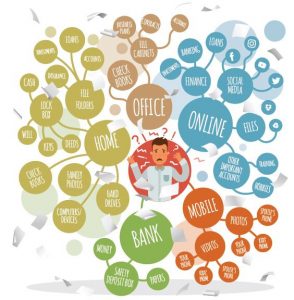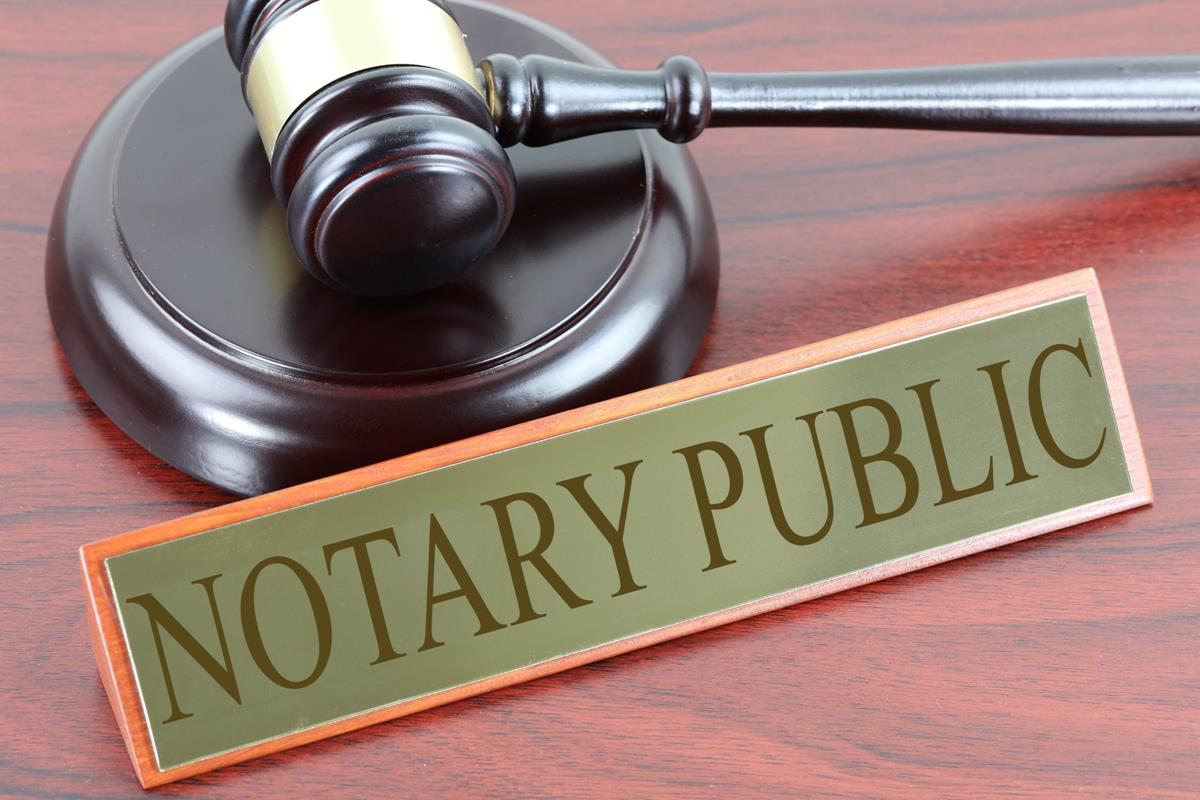Why You Should Organize Your Important Documents NOW and Avoid the Scavenger Hunt!

What happens if you don’t make it home today? Do your loved ones know what your wishes are and where to find your important documents? Many of us would have trouble locating our own documents while we are living, so imagine another person, with no guidance, would struggle to find everything. This “scavenger hunt” can be incredibly stressful and time consuming. Let’s delve into the importance or organizing your important documents now to spare your family unnecessary hardship and ensure that everything is in order when the time comes.
When important documents are scattered or hidden, it can lead to delays in settling your affairs, increase legal costs, and place unnecessary emotional strain on those you care about. Organizing your important documents and end-of-life wishes can not only benefit you today, but it is also one of the greatest gifts you can give your loved ones!
Here is a partial list of essential documents that you should gather and organize:
1. Personal Identification
Ø Birth Certificate
Ø Social Security Card
Ø Driver’s License
Ø Passport
2. Legal Documents
Ø Last Will and Testament
Ø Living Will
Ø Powers of Attorney (Durible & Medical)
Ø Trust Documents
Ø Guardianships
3. Financial Records
Ø Bank Statements
Ø Investment Accounts
Ø Retirement Accounts
Ø Tax Returns (At least the last 3 years)
Ø Mortgage documents
Ø Deeds & Titles
4. Insurance Policies
Ø Life Insurance
Ø Health Insurance
Ø Homeowners/Renters Insurance
Ø Auto Insurance
Ø Burial Insurance
5. Medical Information
Ø Health Care Directives
Ø Medical History
Ø Medications
6. Digital Assets
Ø List of Online accounts (with login credentials)
Ø Digital estate plan
7. Miscellaneous
Ø Marriage certificate
Ø Divorce decree
Ø DD-214
Ø Funeral and burial instructions
Once you have all this information gathered, where are you going to keep it? It is crucial to store them in a secure yet accessible location. Places such as;
Fireproof safe: Keep the originals in a fireproof safe at home or in a bank Safe Deposit box. Ensure that a Trusted family member or friend knows the location and how to gain access when the time comes.
Digital Copies: Scan and save digital copies of all your documents. Store them on a secure, encrypted cloud service or an external hard drive.
Document Organizer: Use a document organizer or binder with labeled sections for easy access. Keep this in a safe place and let your loved ones know it exists and where to find it.
Attorney or Financial Advisor: Provide a copy of the essential documents to your attorney or financial advisor for safe keeping.
It is not enough to simply organize your documents; you must also communicate with your loved ones about where they are and how to access them. Consider having a family meeting, or at minimum, writing a detailed letter to explain your organizational system and any other important information they need to know.
You already know that creating your estate plan is a critical step, but organizing your information is another crucial step in your end-of-life planning. By doing so, you can significantly reduce the stress and burden on your loved ones during an already stressful time. Start today by gathering your documents, creating a secure storage system, and communicating with those you love and trust.


